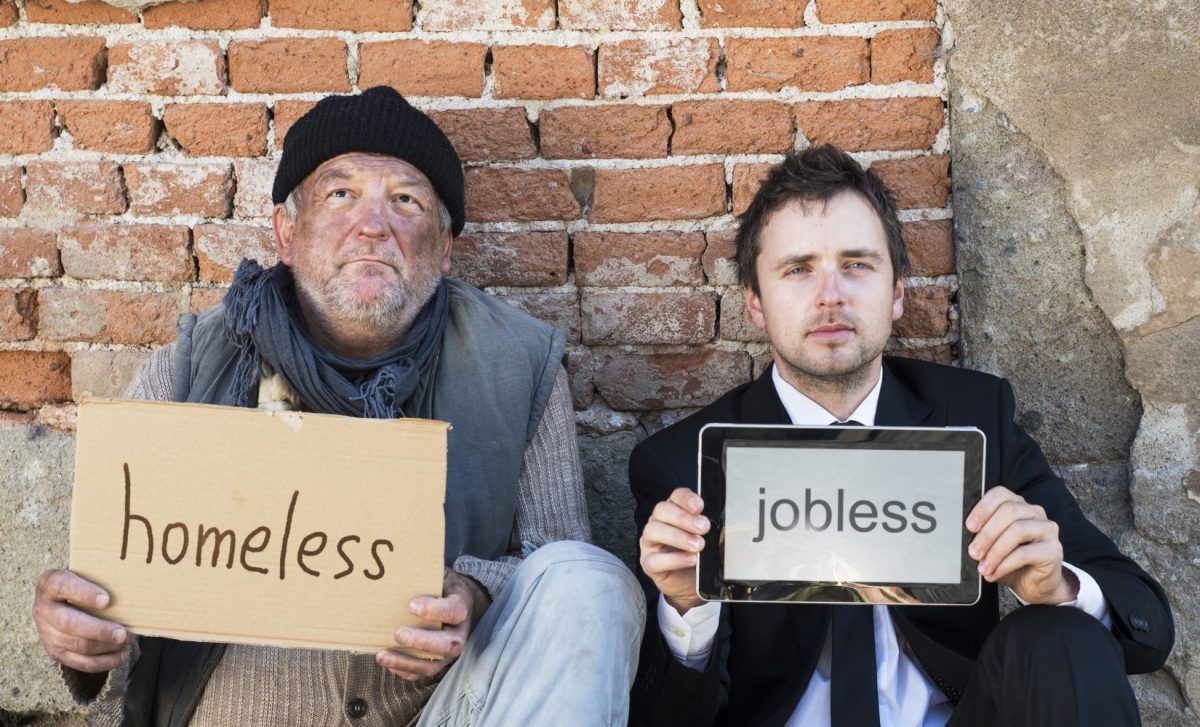
Poverty is a multi-dimensional concept that encompasses the material, social, and spiritual aspects of a human person.
Under material poverty, people are labeled as poor if they are incapacitated to access enough material resources such as income, employment, and basic commodities that will help them thrive.
Social poverty, on the other hand, is experienced by people who lack the necessary social support that will help them overcome crisis situations.
As to spiritual poverty, people are considered poor if they are unable to find meaning to their existence and if they have lost connection to a community that sustains their faith and will to live.
In a data provided by the Canadian Poverty Institute, it has recorded an estimate of over 14% of Canadians who are living in destitute states due to income inequality. It is an alarming number given the wealth and resources that the country has.
This goes to mean that millions of Canadians are suffering from poverty and are incapable of sustaining their daily necessities because of having low income.
What’s worse is that an estimate of 150,000 Canadians is going homeless on a daily basis and food security is their added worry.
Based on their data in 2011, there are 4.9 million Canadians living in poverty and 1.34 million of that are children.
The sector that has the highest poverty level in Canada comes from the Indigenous Peoples with 25% of them living in poverty and with an alarming ratio of 1 in 4 indigenous peoples.
The next vulnerable sector to poverty is people with disabilities with 15% of them being poor, mostly affecting women.
Female single parents are next on the list of poverty-susceptible individuals in which 21% of single mothers are reported to have lower income compared to married couples.
This picture of poverty affecting millions of Canadians has been targeted by federal policies to be minimized through its Poverty Reduction Plan.
